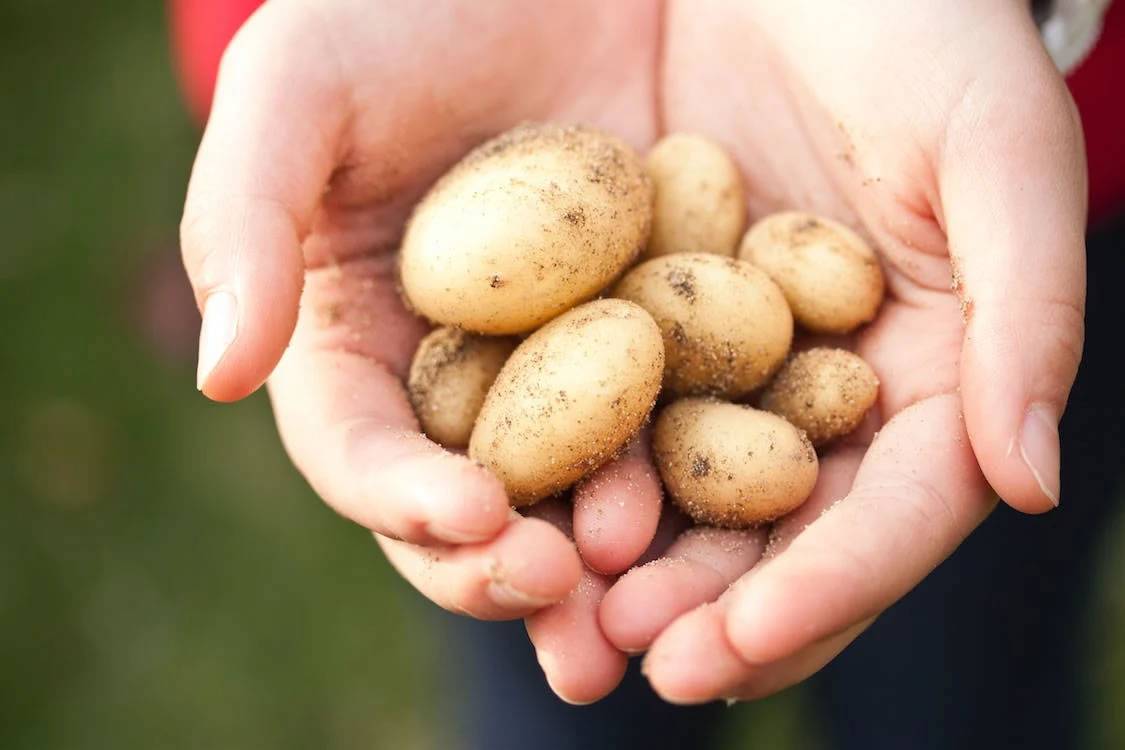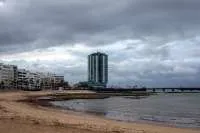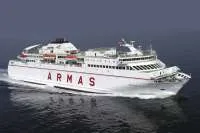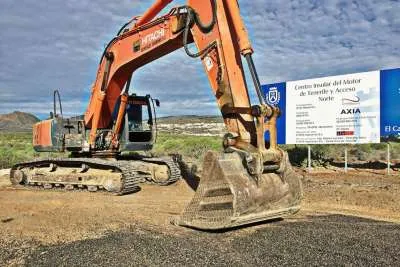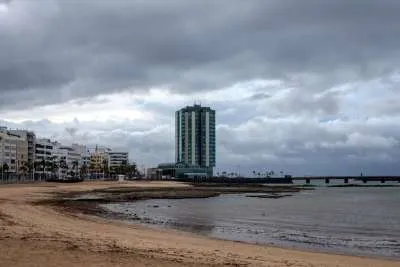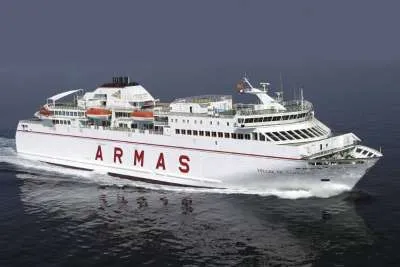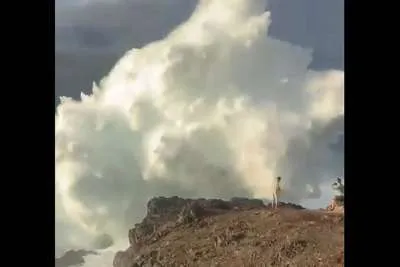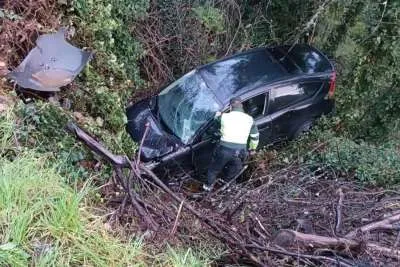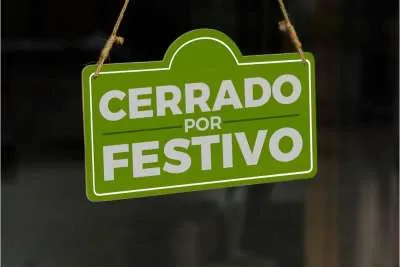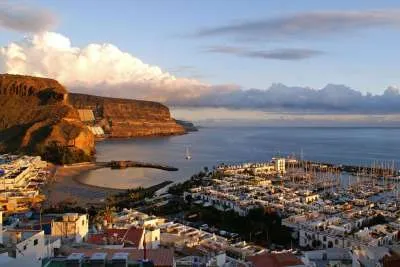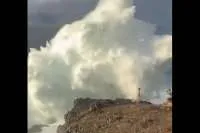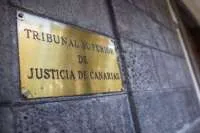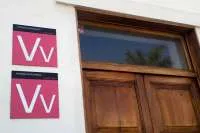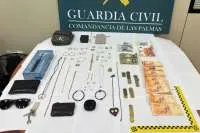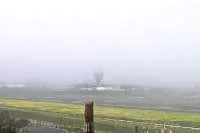Potato shortages and rising prices spell trouble for the Canary Islands
- 13-09-2023
- National
- Canarian Weekly
- Photo Credit: Pexels
The Canary Islands are witnessing a severe shortage of potatoes with supply not scarce, but effectively non-existent regardless of the price offered. In addition to this, the supply from Israel and Egypt, which has temporarily replaced the supply from England, is on its last legs.
Moreover, British potatoes are still unable to enter the Canary Islands, leaving the closest local source as the Vilaflor harvest in Tenerife, which won't be available until November or December.
So, what's happening in the meantime? The price of available potatoes has skyrocketed to five euros per kilo in most supermarkets, and the catering industry has had to replace meals with fresh potatoes with ones using frozen products or take them off the menu.
The next few months are crucial for the potato supply industry, as Roberto Rodríguez, secretary of the San Isidro Market Board, has warned: "Importers have played their cards well. We won't see local potatoes again until at least November, but that won’t solve the problem as we only produce a tiny fraction of what is consumed in the Canary Islands."
The next problem has been highlighted by the president of the Asaga Agricultural Producers' Association, Ángela Delgado, who said: "Who knows if this will be the last potato harvest in the Canary Islands? There is uncertainty due to the blockade of potato imports, including seeds, from the UK. Without seeds, we cannot grow potatoes.”
Delgado explained that "there has been speculation, but what's truly happening is a perfect storm. Local production and imports used to overlap, helping to keep prices stable. However, the local potato crop has been devastated, with an 80% loss in the north due to the Guatemalan moth and the British potato has been affected by the red beetle. As the Canary Islands are a beetle-free zone, the options for potato imports are limited to about nine or ten countries, including Egypt and Israel.”
"Our harvest suffered extensive damage, with significant losses in the North and some in the South. To compound the issue, unseasonably warm weather in March resulted in a very small harvest. Additionally, the United Kingdom, apart from its own delays, faced an EPPO alert, which left 23 containers of potatoes stranded in the port on August 20th. We've been grappling with this for three weeks."
The EPPO (European and Mediterranean Plant Protection Organization) Alert List's main aim is to draw attention to potential threats from pests to EPPO member countries and provide early warnings. In this instance, the presence of the red beetle triggered the alert, leading to the stopping of imports from affected countries.
The Canary Islands Government and Asaga are actively seeking ways to allow the import of potatoes from the United Kingdom that do not originate from England but from Scotland, Wales or Northern Ireland instead. This is vital not only for the immediate potato supply but also for seeds for future crops.
Ángela Delgado emphasizes the importance of this, stating, "They must find a way to allow imports, even if it's just for seeds because, without them, this could be the last potato harvest in the Canary Islands.”
The Vilaflor harvest is expected to bring approximately three million kilos of potatoes to the market, depending on weather conditions. However, during this interim period, it's imperative to open the Canary Islands to imports from other markets, as it will take some time before it can be harvested and sold.
Roberto Rodríguez added: "Traditionally, we've been reliant on imports, and local potatoes won't be available until at least November. I don't foresee anyone having them sooner. It takes five to six months for countries with colder climates to harvest, and warmer regions need two to three months, so imported potatoes won't be available until at least the end of the year."
The next local potato cycle, after this one, isn't expected until the latter half of 2024. After the Vilaflor harvest concludes, we'll have to wait until May or June of next year to see local potatoes on the market once again.
Other articles that may interest you...
Trending
Most Read Articles
Featured Videos
TributoFest: Michael Buble promo 14.02.2026
- 30-01-2026
TEAs 2025 Highlights
- 17-11-2025


